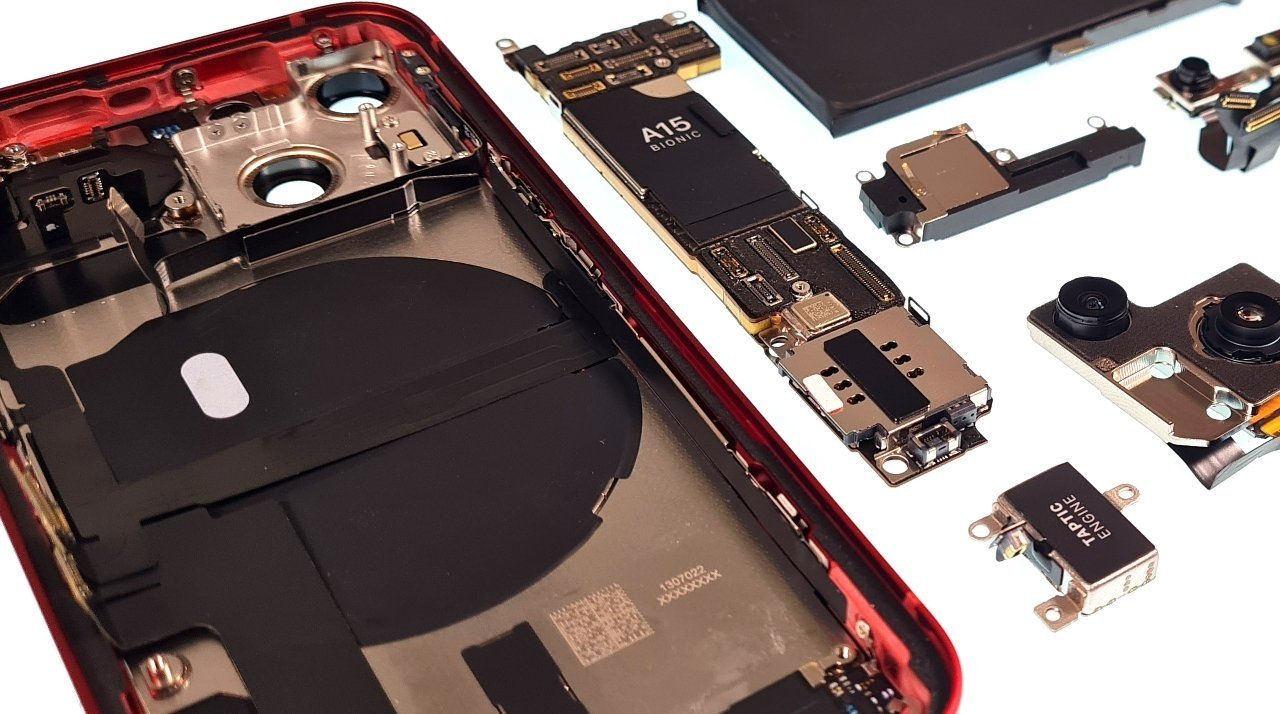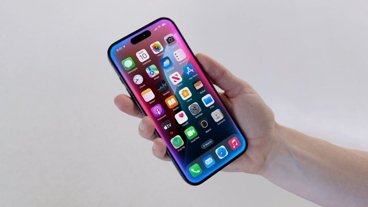A recently filed shareholder resolution calling for Apple to reverse its "anti-repair practices" could have been a key factor in the tech giant's surprise decision to launch a "Self Service Repair" program.
Announced on Wednesday, the new initiative ostensibly allows customers to perform certain repairs on iPhone 12 and iPhone 13 devices, with plans to expand support to Macs with M1 chips.
The move, a turnabout from longstanding corporate policy that argued device repairs are too dangerous for general consumers, was met with cautious jubilation from repair experts and right-to-repair advocates. As noted by The Verge, however, the announcement arrives at a critical time for Apple, which has been battling state-level independent repair legislation and federal regulations designed to reinvigorate competition in the repair market.
While Apple's ultimate decision to launch Self Service Repair likely arose from a confluence of factors, the timing of today's bulletin appears to be in response to a shareholder resolution filed in September.
U.S. PIRG and affiliated mutual fund company Green Century Capital Funds called on Apple to reverse course on "anti-competitive repair policies." The resolution took issue with the tech giant's comprehensive lobbying campaign against right-to-repair measures, saying the company's position on the matter runs contrary to its corporate sustainability promises.
"Consumers want to reduce their own carbon footprints by fixing their electronics, and Apple must help them get there," Green Century President Leslie Samuelrich said at the time. "It's what's best for the company, its consumers and the planet."
For its part, Apple maintains independent and out-of-network repairs pose risks to consumer safety and security.
Apple attempted to block the resolution by lodging a no-action request with the Securities and Exchange Commission in October, reports The Verge. The company argued that Green Century's bid to have Apple draw up a report on the environmental and societal impact of device repair policies impinged on normal business operations and was therefore in violation of the SEC's guidance on shareholder proposals.
The SEC in November issued new guidance on no-action requests that allows for exceptions when a proposal raises "significant social policy issues." Green Century advocate Annalisa Tarizzo told the publication that the change shifted the dynamic of the conversation in its favor.
"It wasn't a guarantee that the SEC would side with us, but the new guidance indicates it's very likely we would prevail," Tarizzo said. "It effectively took away a lot of Apple's leverage in the process."
Green Century was scheduled to respond to the no-action request today, but instead opted to withdraw the resolution after Apple's introduction. The new program ticks many of the boxes Green Century sought to address.
Apple spokesperson Nick Leahy declined to comment on whether the shareholder proposal played a role in todays' announcement, saying only that Self Service Repair "has been in development for well over a year."
 Mikey Campbell
Mikey Campbell







-m.jpg)






 Brian Patterson
Brian Patterson
 Charles Martin
Charles Martin


 Malcolm Owen
Malcolm Owen
 William Gallagher
William Gallagher
 Christine McKee
Christine McKee
 Marko Zivkovic
Marko Zivkovic









16 Comments
...I am reminded of the phrase 'we are not evil'... Has it come to the point where customers are now reliant on external pressure to force Apple to make computers 'for the rest of us'...?
As for me, I always vote against shareholder resolutions. The vast, vast majority of them are proposed by activist shareholders with an axe to grind against the targeted company.
Can't wait for the first self-repair person to sue Apple because their iPhone didn't work after they repaired it themselves. Anyone who tries to repair an Apple device on their own, even using Apple parts and tools, does so at their own risk. There's no way Apple can be help responsible for consumers repairing their own equipment. It's like suing a grocery store for a bad meal simply because you bought the ingredients, pots and pans, and recipe from them.